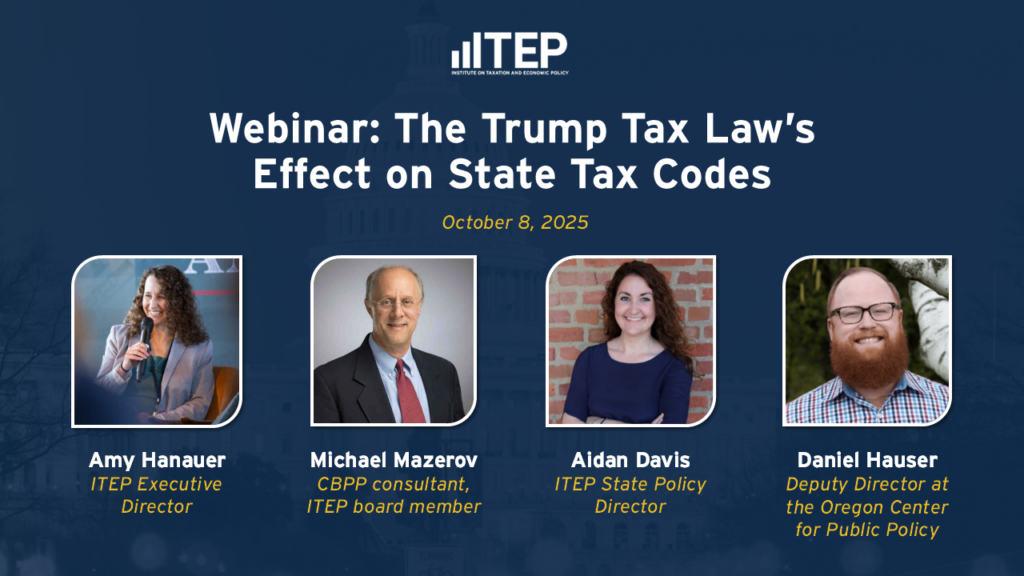A costly tax break for wealthy venture capitalists is drawing some critical attention from state policymakers.
The District of Columbia Council voted unanimously this week to decouple from the federal Qualified Small Business Stock (QSBS) exemption. Despite the name, this provision, which was expanded in the recently enacted federal tax law, actually helps few small businesses. Rather, it allows a 100 percent deduction for capital gains on the sale of certain stock. Some 94 percent of the benefits accrue to people with incomes over $1 million.
Decoupling means that D.C. residents, mostly with very high incomes, can still benefit from the exemption on their federal income taxes, but on their D.C. tax forms, they will pay the same tax rates on these profits that they would pay on other stock sales or other forms of income.
Other states are likely to follow suit as awareness of this costly and regressive tax break grows. Alabama, California, Mississippi, and Pennsylvania are already decoupled, but other states with income taxes are not.
In an analysis we published last month, we estimated that this provision is on track to cost 38 states combined more than $1.2 billion a year in lost revenue. There is no economic benefit to a state in conforming. Those state funds would be much better spent funding schools, health care, roads, or other public services, or financing smarter tax cuts, like Child Tax Credits (CTCs) and Earned Income Tax Credits (EITCs).
In fact, that’s just what D.C. is doing. Revenue from QSBS decoupling, as well as decoupling from business tax breaks and other provisions of the new federal tax law, will fund a new CTC and accelerate expansion of D.C.’s EITC.
States often follow federal law out of convenience, but they rarely conform entirely. And the QSBS exemption is increasingly recognized by a range of tax experts as deeply flawed policy. Last month, conservative economist Kyle Pomerleau of the American Enterprise Institute teamed up with David Mitchell of the Washington Center for Equitable Growth to slam the policy as “particularly troubling… inefficient, complex, and unfair.” Federal lawmakers, they wrote, should have repealed it. Fortunately, state lawmakers now have the chance to separate themselves from this deeply problematic provision.






